Following on from my series of 10 Books I’ve Loved and Books I’ve Hated or Cannot Read I now bring you the third instalment: 10 Books I Found Influential or Formative.
They are all books I’ve read, at different times, and which have had a profound influence on life, mind or belief. I have excluded anything from the previous two lists. Nor have I included anything directly related to either academic studies or work; not because I think they should be off-limits but because I can’t single out anything particular.
Again, rather than spread this across ten days, I’m posting the list in two posts, each of five books, a few days apart. There is a short commentary on why I found each book so influential. This is the second part.
In each part I’m nominating three people to produce their own list. The first three are: Christine Berberich, Ziggy Lubkowski, John Potter. Of course anyone else is welcome to sing along!
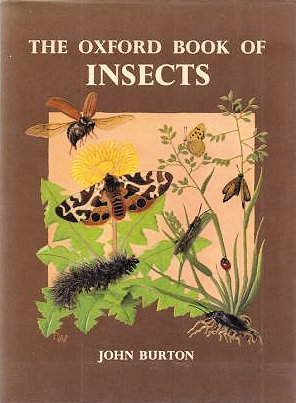 John Burton et al.; The Oxford Book of Insects
John Burton et al.; The Oxford Book of Insects
I’m not quite sure when I first came across this book, but I know my copy dates from at least the time I was a post-grad; it is still on the shelf over my desk. Although it is not academic it is a good first guide to the insect world, and as such has continued to stimulate my interest not just in insects but the natural world in general.
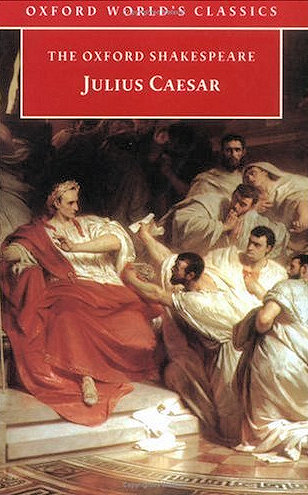 William Shakespeare; Julius Caesar
William Shakespeare; Julius Caesar
The first half of Julius Ceasar is the only bit of Shakespeare I ever really understood. Which is just as well as we did the whole play for O-level, and luckily I got an exam question on the first half. The second half (all the war etc.) remained a mystery to me.
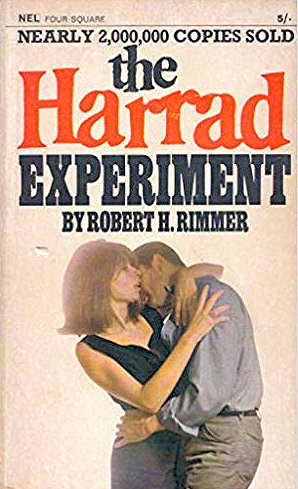 Robert H Rimmer; The Harrad Experiment
Robert H Rimmer; The Harrad Experiment
My father provided this as reading material in the late 60s; GOK what his motive was! It is fiction but portrays an environment of free love and free sex in (as I recall) a student setting – something understandably attractive to the average teenager in the 60s. And it certainly helped develop my moral compass and relaxed attitudes towards sexuality.
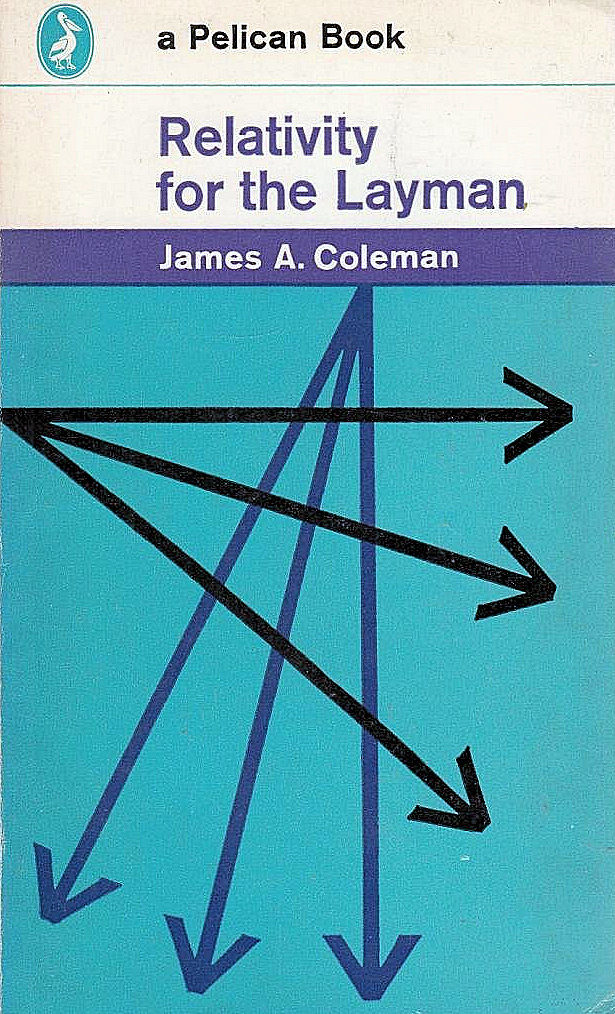 James A Coleman; Relativity for the Layman
James A Coleman; Relativity for the Layman
I don’t recall at what point I read this, whether as an undergraduate or a post-grad. Clearly I felt the need to have at least a passing knowledge of relativity, something which (with a basic understanding of quantum mechanics) has stood me in good stead for my ongoing interest in the physical sciences.
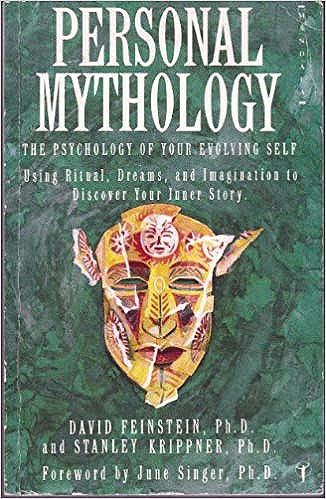 David Feinstein & Stanley Krippner; Personal Mythology
David Feinstein & Stanley Krippner; Personal Mythology
As one might suspect this is all about personal development, and discovering and understanding your inner story. I claim no success in doing this, but the section on finding and meeting your inner shaman is something I’ve found of recurrent interest.
Later in the year I hope to follow on with further, similarly themed, book posts. Watch this space!
